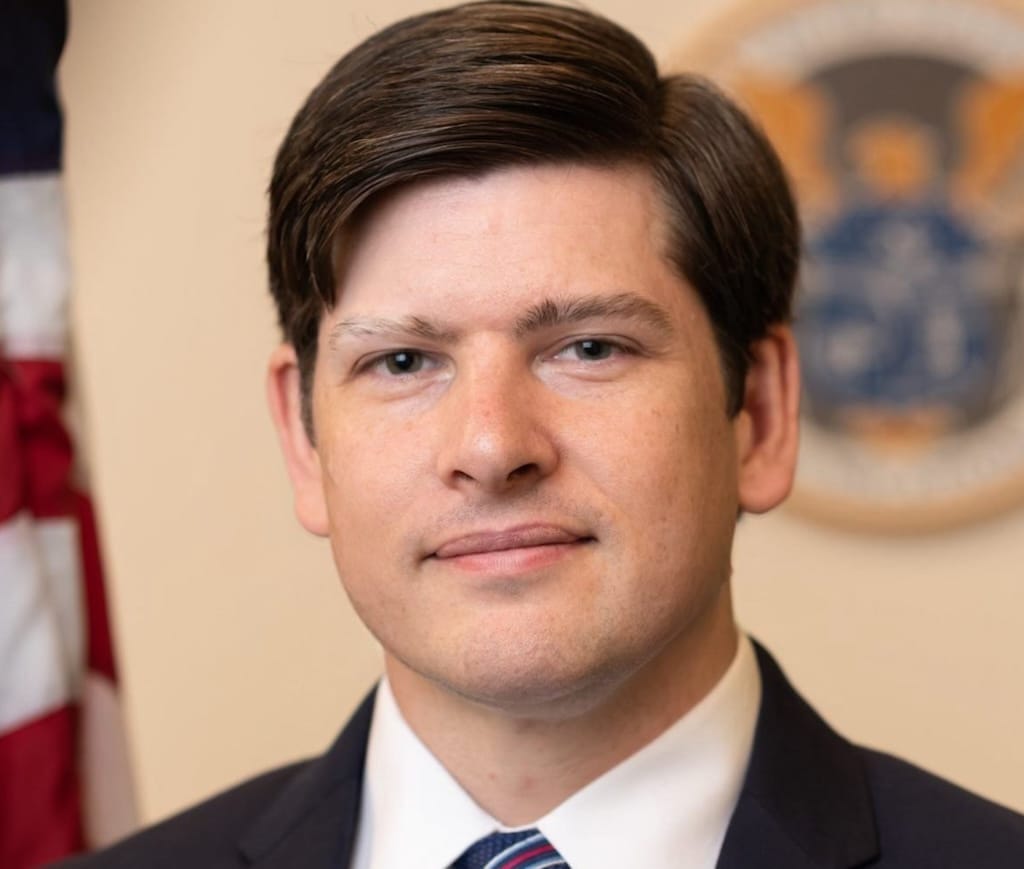Supreme Court's Jarkesy Ruling Popping up in FCC Enforcement Actions
GOP Commissioner Nathan Simington said he would dissent from every forfeiture without a change in procedure.
Jake Neenan

WASHINGTON, September 9, 2024 – The Supreme Court held in June that the Securities and Exchange Commission can’t collect civil penalties without a jury trial. It’s creating headaches at the Federal Communications Commission.
Commissioner Nathan Simington, a Republican, said he would dissent from every FCC forfeiture order until the agency changes its enforcement procedures.
“Until the Commission formally determines the bounds of its enforcement authority under this new precedent, I am obligated to dissent from any decision purporting to impose a monetary forfeiture,” Simington wrote on Thursday. He was dissenting from a $3.3 million fine against broadcasters for advertising Hot Wheels toys during a Hot Wheels-themed show, which the agency approved 3-2 on partisan lines.
The forfeiture order argued the case, Securities and Exchange Commission v. Jarkesy, doesn’t apply to the FCC because companies have the option of declining to pay, at which point the Justice Department pursues the fine in court. The FCC also argued its enforcements fall under “public rights,” an exempted category that Congress can assign agencies to adjudicate internally under Jarkesy.
Those factors “dispose[] of the claim that the imposition of a monetary forfeiture by the FCC violates the Seventh Amendment,” the agency wrote.
Senior FCC Republican Brendan Carr also dissented, citing Jarkesy and other recent Supreme Court rulings aimed at curtailing administrative agencies.
A court hasn’t weighed in on the question of whether or to what extent Jarkesy applies to the FCC, but the issue has been raised in agency proceedings and court challenges.
Mission Broadcasting and Nexstar, which operates Mission’s stations, have raised the case in recent filings at the FCC. Comcast accused Mission and Hawaiian Telcom accused Nexstar of negotiating carriage deals in bad faith. The agency fined Mission $150,000 and Nexstar $720,000. Both companies have appealed the fines within the FCC and have not gone to court.
Nexstar submitted a supplemental response on August 30 arguing “the imposition of civil forfeitures… without a jury trial before an Article III court would violate the Seventh Amendment.”
Gray Television had also asked the Eleventh Circuit to request briefings on how Jarkesy applies to its challenge to a $518,000 fine from the FCC. Judges denied that motion on Monday.









Member discussion